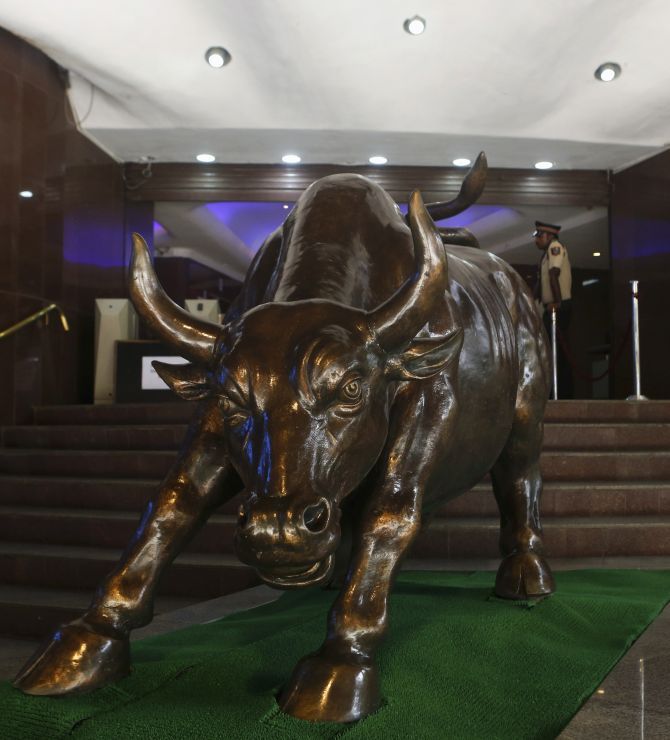The investment guru doesn’t see any crisis brewing in emerging markets and most Asian economies are in a better shape than they have historically been.
 The spike in volatility seen across emerging markets (EMs) this year is likely to subside and the impact of the lift-off by the US Federal Reserve won’t be disastrous, Mark Mobius, executive chairman, Templeton Emerging Markets Group, has said.
The spike in volatility seen across emerging markets (EMs) this year is likely to subside and the impact of the lift-off by the US Federal Reserve won’t be disastrous, Mark Mobius, executive chairman, Templeton Emerging Markets Group, has said.
“We consider many of the factors driving the recent volatility in emerging markets to be temporary… Thus, we believe we have grounds to be optimistic longer term,” the investment guru and emerging market expert has said in his latest blog.
After a good run last year, most emerging market stocks have delivered negative returns so far this year on fears of China-led global slowdown and concerns over the impending interest rate hike in the US.
Most EMs have also underperformed the developed markets. For instance, markets such as India, Indonesia and Taiwan are down six per cent, 14 per cent and 10 per cent, respectively.
On the other hand, developed markets such as France, Germany and Japan have gained around 10 per cent each this year.
“Regardless of short-term investor shifts in sentiment, emerging markets can’t simply be ignored. They are a significant part of the global economy today in terms of world land mass, population, gross domestic product (GDP) and equity market capitalisation,” says Mobius.
The investment guru doesn’t see any crisis brewing in emerging markets and most Asian economies are in a better shape than they have historically been.
“Foreign reserves and public debt as a percentage of the GDP generally appear to be at healthy levels, and the overall GDP growth remains more robust than in developed markets. Broadly speaking, we aren’t seeing an emerging market equity crisis brewing,” he said.
Mobius in his blog has pointed out that the two major factors impacting EMs are the Fed and China.
The markets, he said, have overreacted to the potential US rate increase and equities have actually rebounded during the previous US rate-rising cycles. If the Fed raises rates aggressively in a series of moves, it would be negative for EMs. However, the “scenario doesn’t seem likely to us,” he said.
On slowdown fears over China, Mobius termed it ‘unwarranted investor panic’.
According to Mobius, emerging markets will remain the growth drivers of the world and the question isn’t whether to invest in them but it is which markets to invest in.
“Currently, emerging markets appear under-valued versus developed markets, based on price-earnings and price-book ratios… Clearly, many emerging markets are facing headwinds; but we believe there are always opportunities to be found for the next market turn,” said Mobius.
He illustrated the example of India while arguing that the health of Asian economies is in good shape.
“India today is far stronger from a macroeconomic perspective. India’s commercial debt of $185 billion is manageable… India’s current account deficit has improved from $88 billion to below $20 billion, foreign exchange reserves now cover 10 months of imports compared to seven previously, and the outlook on foreign direct investment improved with the election of Prime Minister Narendra Modi,” Mobius noted.











 © 2025
© 2025